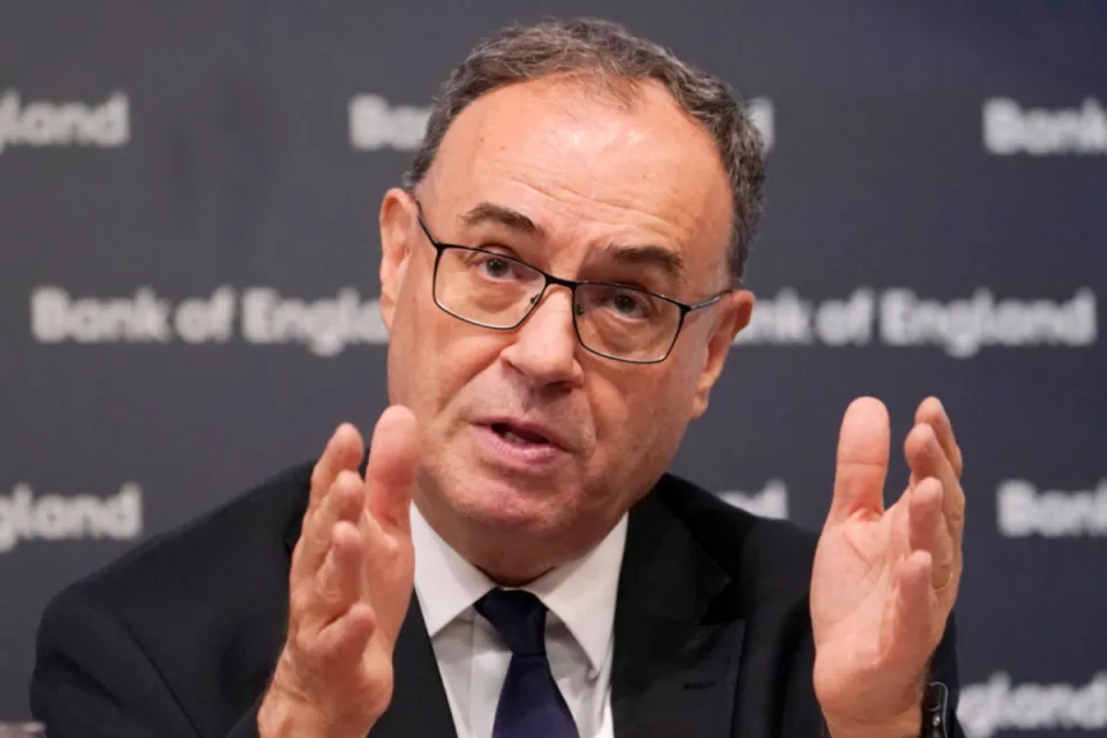Bank of England set to hold interest rates after inflation jump
The Bank of England is poised to leave interest rates on hold this week after inflation rose more than expected.


The Bank of England is poised to leave interest rates on hold this week after a jump in inflation and uncertainty over the Budget’s economic impact.
Policymakers are expected to keep rates at 4.75 per cent at their next meeting on Thursday after making cuts in August and November.
Although inflation fell below the BoE’s two per cent target in September, the latest official figures showed it jumped back up to 2.3 per cent in October.
The reading marked the sharpest rise in two years and was higher than economists had expected, mainly due to rising energy bills.
Rate-setters will be paying attention to fresh data on unemployment and inflation on Tuesday and Wednesday respectively before they make their decisions.
Economists expect inflation to have jumped once again to 2.7 per cent in November.
“Policymakers cannot rest easy,” said analysts at AJ Bell. “They may feel that a lot of hefty lifting has been done, given how close inflation is to the two per cent target.
“Consumers, however, will continue to feel the aggregate increase in prices over time, and not monitor just the year-on-year change, as that is how their wallets and purses are truly affected.”
Thomas Pugh, an economist at consultancy RSM, added: “We expect four cuts in 2025, meaning rates will finish the year at around 3.75 per cent, but the risks are weighted towards fewer rate cuts.”
The BoE has also signalled it will take a cautious approach to lowering interest rates while digesting the potential inflationary impact of Labour’s tax rises unveiled in the Budget.
Businesses have warned that higher labour costs from tax hikes, including in employers’ national insurance contributions (NICs), will force them to raise prices and cut jobs.
BoE governor Andrew Bailey said earlier this month that firms’ response to higher NICs is the “biggest issue” after the Budget.
Elsewhere, some members of the Monetary Policy Committee (MPC) could be inclined to vote for a cut after Friday’s GDP data showed the economy unexpectedly contracted by 0.1 per cent in October.
Higher interest rates tend to hamper GDP. However, economists expect growth to pick up again and blamed October’s dip on consumers and businesses taking a wait-and-see approach ahead of the Budget.
“We expect the final BoE decision of the year to be a dull affair,” said Sanjay Raja, chief UK economist at Deutsche Bank, anticipating policymakers to vote unanimously for a hold.
“We expect the forward guidance to remain broadly unchanged with the MPC reaffirming its message of gradual easing, while keeping rates sufficiently restrictive for sufficiently long to ensure that inflation sustain returns to the Bank’s two per cent mandate.”



